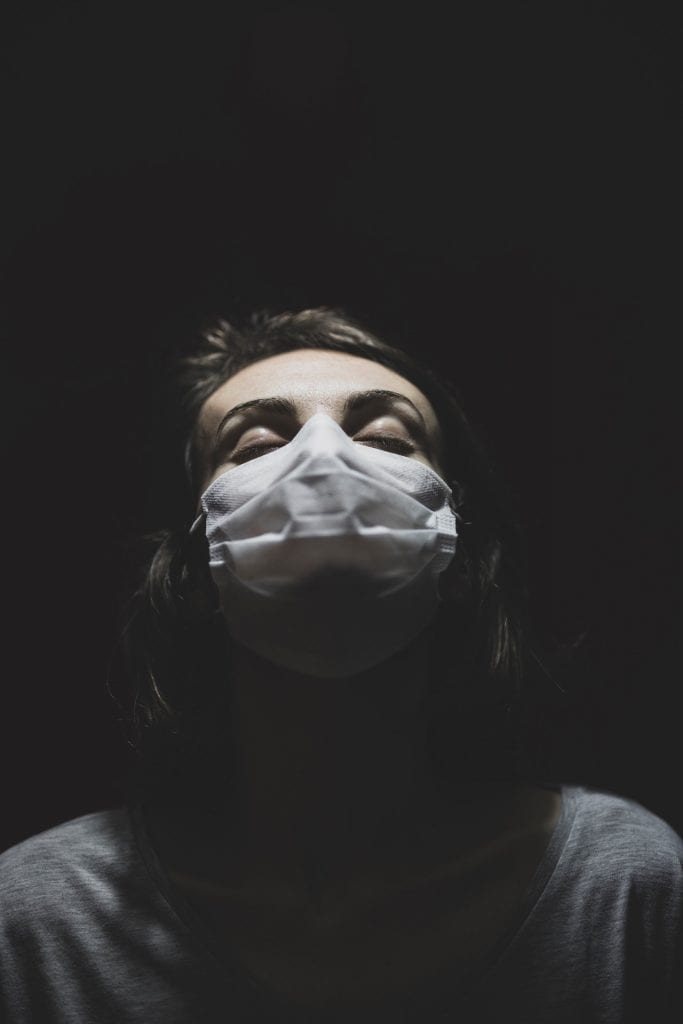Reflect on the Year As a Whole
Look holistically at your accomplishments and things that you want to improve on. This has been a crazy year with a lot of emotions and stressors. Be gentle with yourself, and try not to judge yourself too harshly.
Michelle Shory, Ed.S. and Irina V. McGrath, Ph.D. are both district instructional coaches and Google Certified Trainers in public school districts. They both state that, “reflection is also a great way to consolidate learning, process our feelings, and share about ourselves [...] Creating a year-end reflection is often a good culminating project, but it seems to be essential this year. Allowing students to reflect, share, and document their feelings about this time in an open-ended way can serve as a reflection of learning, as well as documentation of a once-in-a-lifetime event (Ferlazzo).
Plan for Your Triggers
As a college student, you probably know what your usual end-of-the-year triggers are (rise in temperatures, dehydration, allergies, etc.). Those are things that you hopefully have figured out a way to combat as the final weeks of the spring term wind down. Of course now, with Covid-19, there will most likely be some additional triggers that you will need to combat in order to stay positive and focused.
Negative thoughts about the future and a lack of a usual study space could be an example. Take some time to plan ahead so that you can alleviate some of that anxiety. Some ways to combat these issues could be journaling, drinking enough water, investing in an extra fan, stocking up on your allergy medication ahead of time, etc.
Incorporate Self-Care and Positive Thinking
We’ve talked about these two aspects quite a lot in this blog. Now more than ever is the time to put those practices that we’ve discussed into use. “Self-care activities like deep breathing, quick exercises/stretches, and mini-breaks really do have physical and psychological calming effects” (Waters, MSW).
Even if they seem insignificant as you're reading about them, make a commitment to incorporate some of them into your day, especially as you go through long periods of studying or sitting at a desk.
In addition, it’s important to do our best to avoid negative thoughts and ideation as much as possible. Of course, we are all human and we’re bound to get sad and down on ourselves and our situations during this time.
But it’s a good idea to practice mindfulness and avoid indulging in “catastrophizing (magnifying the negative aspects of a situation while discounting the positive ones), permanence thinking (assuming that setbacks are going to last forever and problems never improve), and/or false helplessness (assuming–without evidence–that you are powerless over a situation)” (Watson). Doing so will leave you feeling healthier, happier, and more motivated overall.
Listen To Your Brain and Take Breaks
Give yourself a break! Be kind to yourself and recognize that most people don’t function optimally with the incorporation of eight-hour studying days or all-nighters. Space out your work, and take plenty of water and stretching breaks.
Break down large tasks into smaller chunks so that they feel more manageable. That way, you can feel a sense of accomplishment every time that you complete a position of the task, and you can avoid that dreaded “burn out”. You can read more about that here.
References:
- Larry Ferlazzo, Nine Ways to End This Crazy School Year Strong
- GRADECAM,10 Ways to Finish the School Year Strong
- Brad Waters MSW, 6 Tips For Not Freaking Out About End of Semester Stress
- Hunter Maats and Katie O’Brien, A Stress-Free Way to Great Grades
- Angela Watson, How to manage end-of-school-year stress



